-
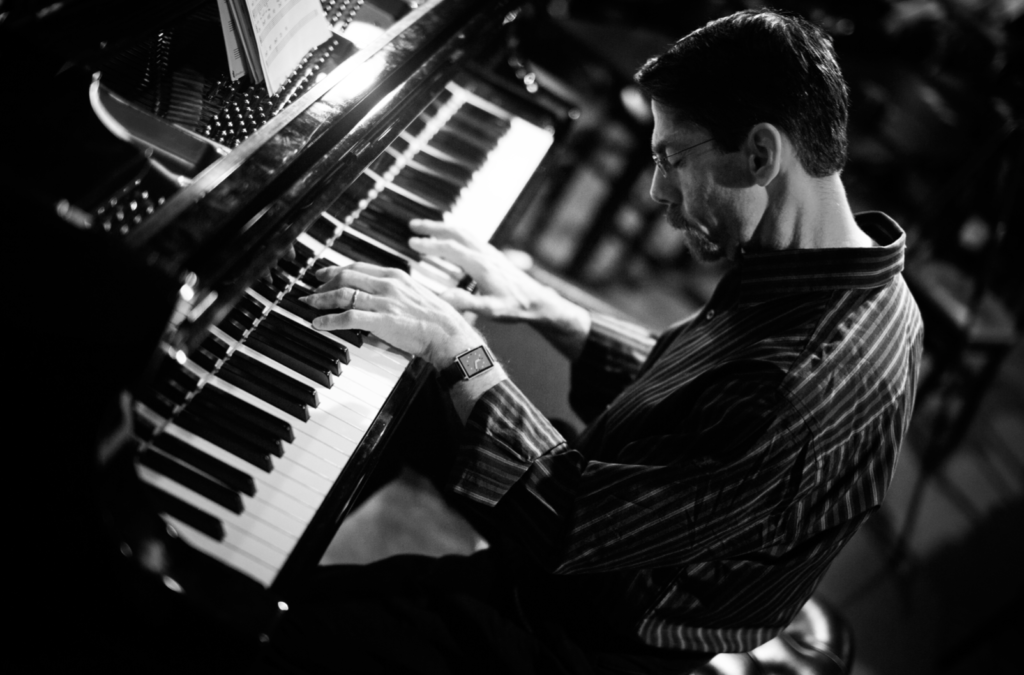
Fred Hersch -
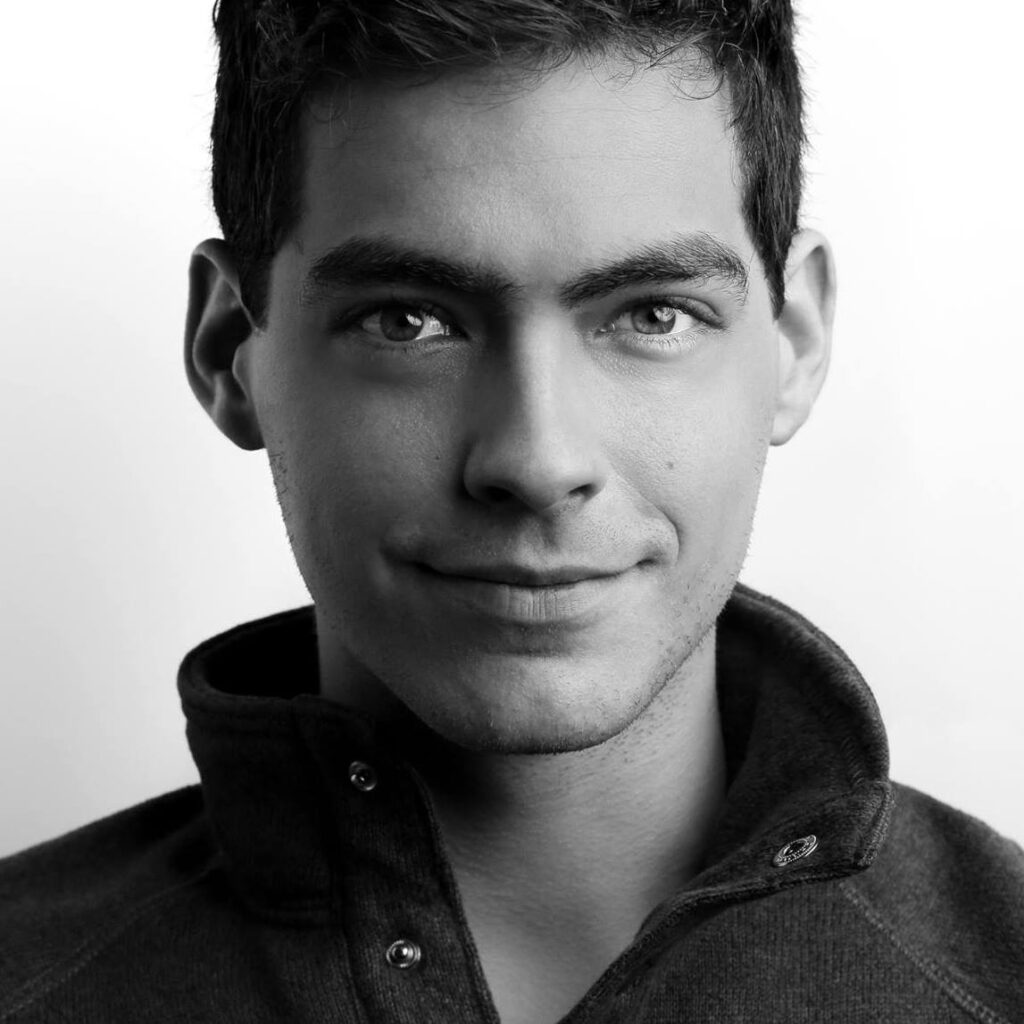
Danley Romero
Fred Hersch is an American jazz pianist and educator. He has performed solo and led his own groups, including the Pocket Orchestra consisting of piano, trumpet, voice, and percussion. He was the first person to play weeklong engagements as a solo pianist at the Village Vanguard in New York City. He has recorded more than 70 of his jazz compositions. Hersch has been nominated for several Grammy Awards.
NEW ORLEANS REVIEW
You’ve had a huge impact on other gay jazz musicians. Closeted gay musicians have called you to talk about their sexuality and to seek your advice. Could you tell me about some of those experiences? How have they made an impact on you, and how do you perceive the impact you’ve made on them, but also on the jazz community as a whole?
FRED HERSCH
Yeah, sure. I’m not a social worker or therapist or anything like that, but once my story got out there in the early 90s I had a lot of people, by email or phone, wondering what my experience had been post coming out about having HIV, being a gay jazz musician, what that was like in the community, whether I thought it had an effect on my career. In some cases, people confided in me that they had tested positive and didn’t really know where to turn, so in some instances I have made some suggestions about things that they should take care of in terms of getting tested and finding the resources to help them in a time of confusion. And, of course, once my memoir got out, I received whole bunches of emails, some from musicians that I knew or was aware of and some from total strangers, who said that my story had either inspired or impacted them, or that it had resonated with them. I feel that it’s a really important part of my life, trying to be of service, whether I’m teaching a young musician or mentoring a young musician, or trying to set some kind of reasonable example of how to live your life and deal with questions of identity and potential stigma.
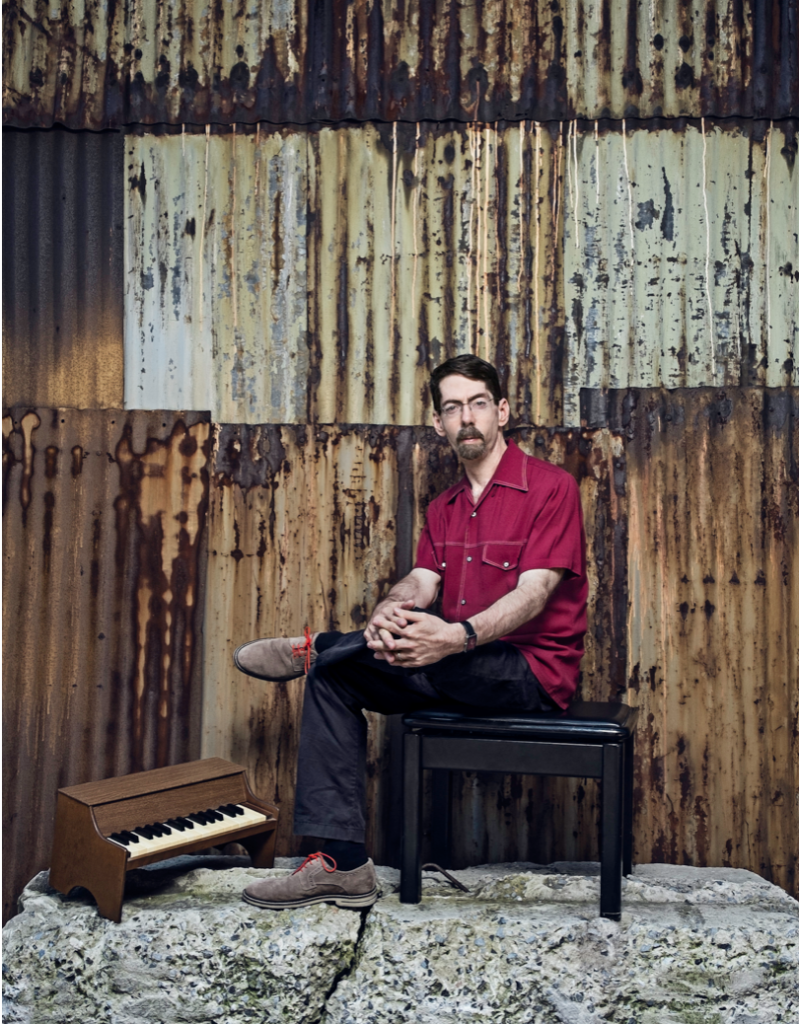
NOR
That’s amazing. One of the things that struck me while reading your memoir was your description of a jazz performance as a very intimate experience between the performers. You talk about how jazz necessitates a close connection between musicians for musical and expressive reasons. Could you elaborate on that intimacy, and, specifically, in relation to homophobia in the jazz scene?
HERSCH
Yeah. Well, you know, to be a good musician—jazz musician, any musician, or probably anyperson, but certainly as a jazz musician—we are spontaneously composing music together, so the quality of alertness is key. You know, paying attention to what’s going on, reading cues, reading signals. When you’re creating something together there are great emotions like exhilaration, joy, fun—then there are also more intimate emotions that can come into play. You can look at many famous, straight jazz musicians who were able to play beautifully, emotionally, tenderly. Those are not just gay qualities—they’re human qualities. And I think my read at one point in my life was that people associated, perhaps, the beauty of what I was trying to express in my playing with being gay, which is kind of silly, because beauty is not just for gay people. And there are many jazz musicians I know who are gay who play very aggressively. I don’t really think there is
such a thing as gay jazz, or gay music, except in situations where a male or female character is singing and addressing another member of the same sex. Then I think you could say, “Well, you know, that’s probably gay music,” when you have a woman singing about another woman, or a guy singing about another guy, or these days it could be a trans person, as well. But instrumental music is just notes and emotions, and sound and rhythm, and you can’t drop the needle and say, “Oh, that musician is gay (or not).” You can’t, really. So I just try to make music that’s very true to myself and let other people decide what it is or isn’t, or what it means or doesn’t mean. I can’t really worry about that.
NOR
In creative writing we use imitation as a learning technique. We’ll look at other writers’ work and find passages of text or isolate techniques that we want to learn from, and then we will imitate them in our own work and using our own voices. You’ve written variations on classical works by composers such as Bach and Tchaikovsky, and you’ve also written many tributes and dedication pieces to other composers and musicians, as well as a ballerina and even a Buddhist monk. In what ways do you feel that spending time focusing on embodying these individuals and their strengths in your own music has impacted your musical development?
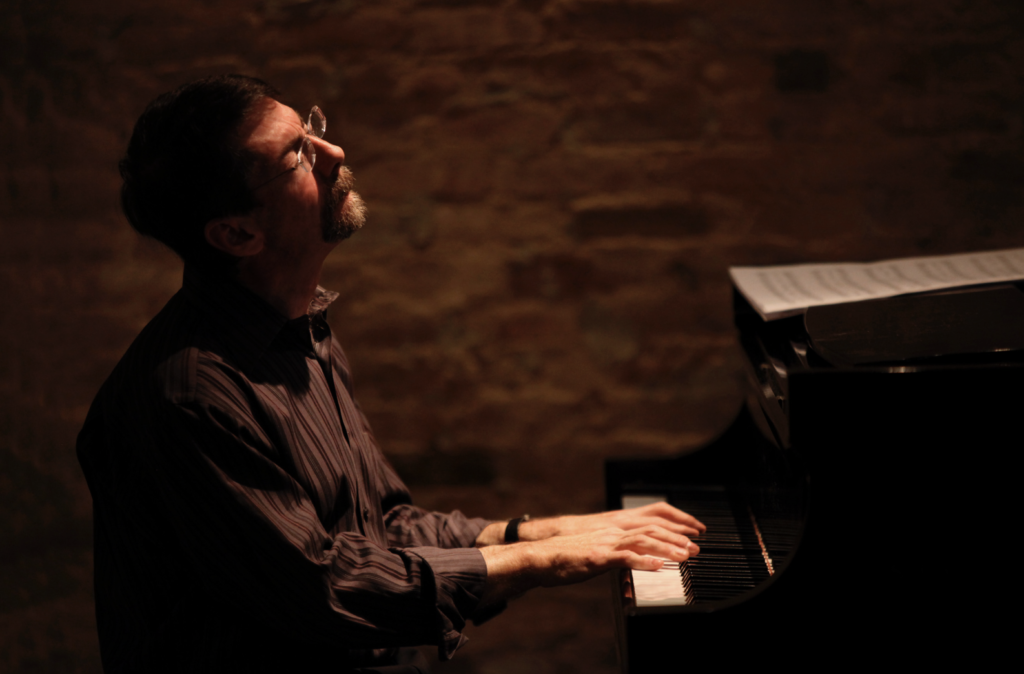
HERSCH
Good question. In terms of all the many tribute tunes I’ve written, it’s really hard to just sit down with a piece of music paper and say, “I’m going to create something.” It’s always nice to have some kind of jumping-off point. You know, to say, “I’m either going to write something that this musician might like, or write something that vaguely sounds like them,” or just to have an image in mind. And sometimes I’ve written tunes where I have the title before I have the tune. Other times I start with a rhythm, and then I can play the rest of it. Sometimes I’ll start with just harmony, then add melody, or the reverse. I think, for me, I need to have some sort of a subject for a piece of music. And, writing variations on themes by Tchaikovsky or Bach—for a jazz musician, basically what I’m doing, how I make my living, is I play themes and I make variations on them. That’s more or less what a lot of jazz is. Not all of it, but a good part of it. So, theme and variations is a very natural form for me to write, and also each variation is not that long in duration and very focused on a particular element, whether it’s a musical element or a pianistic element. So you write all these little pieces and then you string them together and then you have a big piece—a twenty or twenty-five minute piece—and it’s not nearly as daunting as writing a piano sonata or something with a very long form, and, of course, a lot of historical precedent. When I wrote these classical pieces, I wrote them—at least the particular ones—for two particular pianists to play. So I had them in mind, as well: thinking of things that they would enjoy or find challenging, or that would be something that they could connect with. I’m just paraphrasing, but there’s a quote from Stravinsky where he said, “If somebody gave me a studio and everything I needed to compose music, and said, ‘Write whatever you want,’ I’d be paralyzed. But if you said, ‘Okay, I want you to write a piece for—’” I’m making this up—“‘for twelve tubas and a piccolo,’” he said he would immediately get to work because he would then have sort of an assignment, sort of a frame. It’s hard to tell a painter, “Just paint something,” you know? Most artists I know make very conscious decisions, whether they’re working large or small, or whether they’re using watercolor, or oil, or acrylic, or whatever it is they’re using, you kind of have to have some sense of a limit, but in a good way. So, you know, I try to take inspiration really wherever I can find it.
NOR
Do you encourage your students, also, to imitate other jazz musicians? And what about artists or individuals outside of jazz?
HERSCH
Well, when I grew up playing jazz, I wasn’t—I’m not really a product of the jazz education system that’s sort of in place now. Nowadays, in most music schools, every young jazz musician is not only encouraged but required to transcribe, note for note, different solos from different periods of jazz history. Whether they’re piano solos or sax solos, they’re encouraged to actually hear it and write it down. I didn’t do that. I kind of did more inexact imitation. I’ve had some incredibly gifted students, many of whom have very big careers now, and the good ones are able to take all their influences and find their own way. And there’s nothing wrong with hearing influences because, I think, in any art form that’s just a part of it. I mean, people get inspired by other people’s works, and that’s how the art forms move forward. You think of all the painters in Paris in the mid-1800s to late 1800s, going into the 1900s, or various abstract expressionists in New York in the 50s. Even though they were great in their own way, there was some shared aesthetic and they all inspired each other. I’m sure that’s the same with writers. So, I don’t say to transcribe this, that, or the other, but I encourage students to listen what I call “wide”—wide meaning to listen to the whole range of jazz pianists going back to the 1920s all the way up to the present, check out everybody, and then find some things that they love and listen to them kind of over and over again so they can really dig a new thing out of them. And that’s difficult now when everybody’s fidgety with their phone and with their streaming and they check something out for two minutes or something, and then they check something else out for two minutes. You know, in my day you sat on the couch and you listened to a side of an LP and then you flipped it over and you listened to the other one. And now, you know, most people under the age of forty don’t even have a way to play a CD, so everything has become streaming and you can get everything at the click of a mouse but you also don’t get all the information. You could click on Miles Davis’ “On Green Dolphin Street,” come up with twelve hits, and not know which of four or possibly five bands he’s recording with. It doesn’t give you any information. Where it was recorded, what were the circumstances, who was on it—these are the things that you learn from reading the back of an LP, or in the booklets for CDs. So, content has become divorced from the physical object. These days, as I said, the astute ones, they’re really gonna check everything out because they’re interested. And these are the ones who I think are going to, in the long run, get ahead.
NOR
I’d also like to talk about your thoughts on having other gay figures in your life when you’re growing up as a homosexual, having them to look to, and I’m wondering if you find that this idea resonates with the idea of learning from other musicians and benefitting from their presence in the musical world.
HERSCH
Well, you know, growing up as a gay kid in high school and my very early college days, there were no role models. There were no visible gay men that I knew of. You couldn’t see them on television or in Congress. So there was a feeling that, perhaps, I was the only boy who was attracted to other boys. There were no role models. And when I went into the jazz world I thought, Oh, this is great, I can belong to this cool group, this sort of club of interesting people, many of whom were older and of a different race, but there were no gay jazz musicians. So, in a strange way, in the jazz world I became the role model. I think most gay people—although now it’s changing, fortunately—but in my era, gay people went through adolescence twice. You went through the hormonal adolescence of a thirteen-, fourteen-year-old, but you didn’t date. You didn’t learn about those kinds of things. And then, when you came out or started to act on your impulses and attractions, you had to learn how to date and how to negotiate relationships. So, I went through the hormonal thing at thirteen or fourteen and then I went through another adolescence in my early 20s because I never experienced dating and sex before that. Now, it’s very different. Kids in high school have boyfriends or they’re transitioning, or they identify as non-binary. But we’re talking about close to fifty years ago, that was not possible.
NOR
In your memoir you mention what you refer to as a “BAWL”: a “big-ass wish list.” This is a list that you would make with your manager, Robert Rund, at the beginning of each year, full of aspirations for your career, and you wouldn’t take into consideration the feasibility of these goals while writing the list. Is this a practice you continue?
HERSCH
Yeah. I did talk to my manager—I’m under a different manager now—but just to say, you know, “What haven’t we done? What’s the next project? What might be interesting?” It’s not so much trying to figure out something that’s going to get me ahead, it’s more like figuring out something that would be interesting artistically and, you know, these days, at least reasonably commercially viable. It’s harder to take a five piece band on the road than a three piece band. You have to figure all that stuff out. Right now, most of my musical world is either with my trio, which I’ve been together with for ten years, our various ongoing duo collaborations that I have with different musicians, or solo. And the occasional performance or run of Leaves of Grass. But I haven’t written any quintet music in a while. I haven’t written any other large ensemble music in a while, so, you know, these things are always in the back of my mind. It’s just figuring out how to make them work in the real world. But that’s the job of being an artist. On some levels you compete with yourself. I’ve already done a lot of things that I’m pretty happy with, and if I want to keep moving forward I gotta keep putting different creative fuel in the engine, or finding inspiration somewhere. You know, I’m going to be sixty-four next week and sixty-five just around the corner, and that’s certainly been weighing on me at the moment: that I’m probably probably in the last quarter of my life, give or take. And I’ve been doing a lot of thinking about what it is that I want to do or try or prioritize as I segue into this late period. So, that’s just where I’m at, currently.
NOR
In your memoir, you write that “much of the most important activism takes place in the workplace, in the lunch room, in the gym, and at family gatherings—in day-to-day life.” Here, you’re writing about homosexuality and gay rights and exposing people around you to a broader range of sexuality than they might be used to, but you quickly transition to discussing, specifically, AIDS activism. Do you think that this quote applies equally to gay rights in a very broad sense, and, more specifically, to issues surrounding HIV/AIDS?
HERSCH
Sure, I mean, keeping a closet—there’s a cost. Trying to kind of compartmentalize yourself is not really a great recipe for good mental health, and it’s probably a recipe for a lot of secret, and possibly shameful, activity. With being gay or having HIV—although HIV is less stigmatized than it certainly was in the 80s, and being gay is less stigmatized—still, you have to be real and be out-front with who you are with people you care about to see where they stand, to see if they can be supportive, to see if they can be there when you need them, to see if they’re really true friends. And, in order for that to happen, they have to know you as you are. I told my grandmothers, both of whom lived well into their 90s—I told them I was gay when I was twenty because I thought—even back then they were old—I thought, If they die and they don’t know who I am, that would be kind of a drag. And they turned out to be very supportive and interested and caring, and it was a good decision. It could have gone the other way—same with my family. But, fortunately, everybody has been very supportive on both fronts, so I’ve been lucky. I mean, if I was living in Louisiana, or Alabama, or Mississippi, or Wyoming, it might be a different story.
NOR
You also write that “Activism can take a great range of forms.” Could you talk a bit more about your experiences as an AIDS activist, in your music and through your audience, but also in day- to-day life?
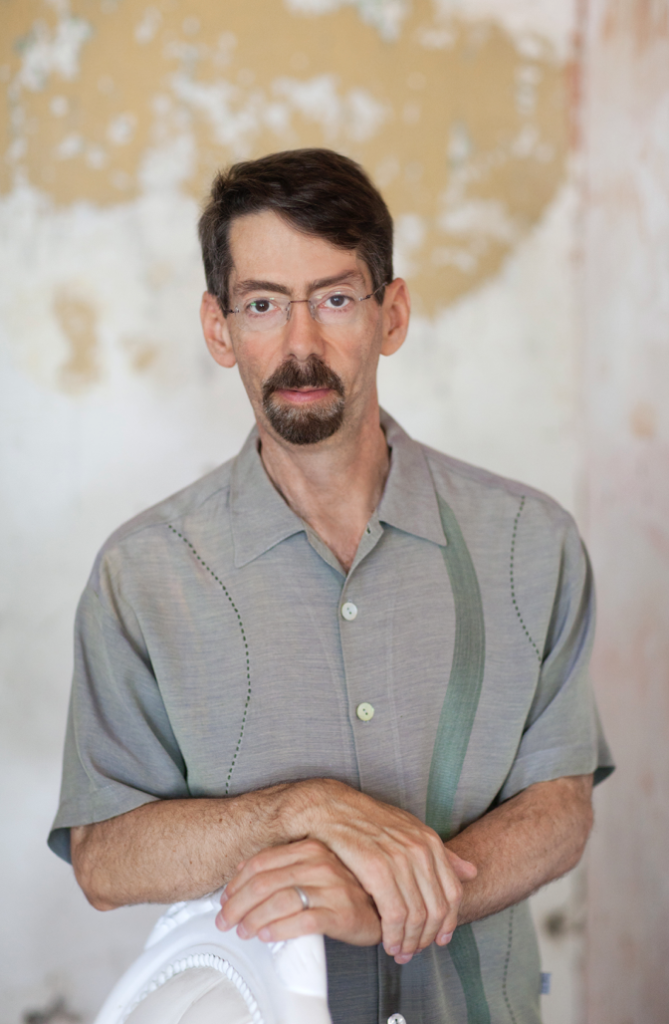
HERSCH
Yeah, well, I mean certainly I play benefit concerts; I raise money; my story is out there. I wouldn’t say that I’m doing protest marches anymore, or activities like that. I think it just takes the form of trying to be real and honest and to talk about it if people want to talk about it. And there are different stages of coming out. There is that very first person you come out to, and you’re nervous, and you want to find the perfect person and the perfect time and all that. And sometimes the person says, “Oh, yeah, I already know.” And the second phase is, you’re out and just assume that nobody gives a shit—that they know and it’s not a big deal. And then the third is when people talk about their wives and their kids or whatever and you talk about your partner or your husband, and there’s no difference. You don’t feel like you have to hide anything—not in a forced way. These days, my partner and I have been together seventeen and a half years. We’re known as a couple in the jazz world and outside of the jazz world, and it’s really kind of no big deal. But things have certainly changed in the last thirty, forty years.
NOR
Right. My last question is: is there anything at all that you would just like to talk about but haven’t already had the chance to mention here?
HERSCH
Well, I mean, there are always a million things to talk about, but I can certainly say that I’m fortunate in the quality of musical experiences I’ve had in my life. I’m fortunate in my choice of life partner. I’m fortunate that I have great health insurance and great medical care. I’m fortunate that I play music and get to create stuff and make a nice living at it, and I’ve never had to drive a cab or work in an office. I’m fortunate that I still have energy and mobility and I can go on the road, and that I seem to have the ability to move people with the music that I play, or perhaps inspire them a little bit by my story. So, you know, all these things are really positive and there’s luck involved but I also can say that I’ve worked very, very hard to get where I am. And I’m not done yet, but I’m certainly enjoying my life as it is at the moment and I hope that, creatively, I can continue to challenge myself and move forward, and stay healthy, stay interested, and try to be of service where I can.
Danley Romero is a graduate of Loyola University New Orleans, where he studied cello performance and English, and a current student in the MFA program at the University of New Hampshire, where he studies fiction and poetry writing. His fiction has appeared in the Massachusetts Review, Reality Break Press, and Bards and Sages Quarterly.
